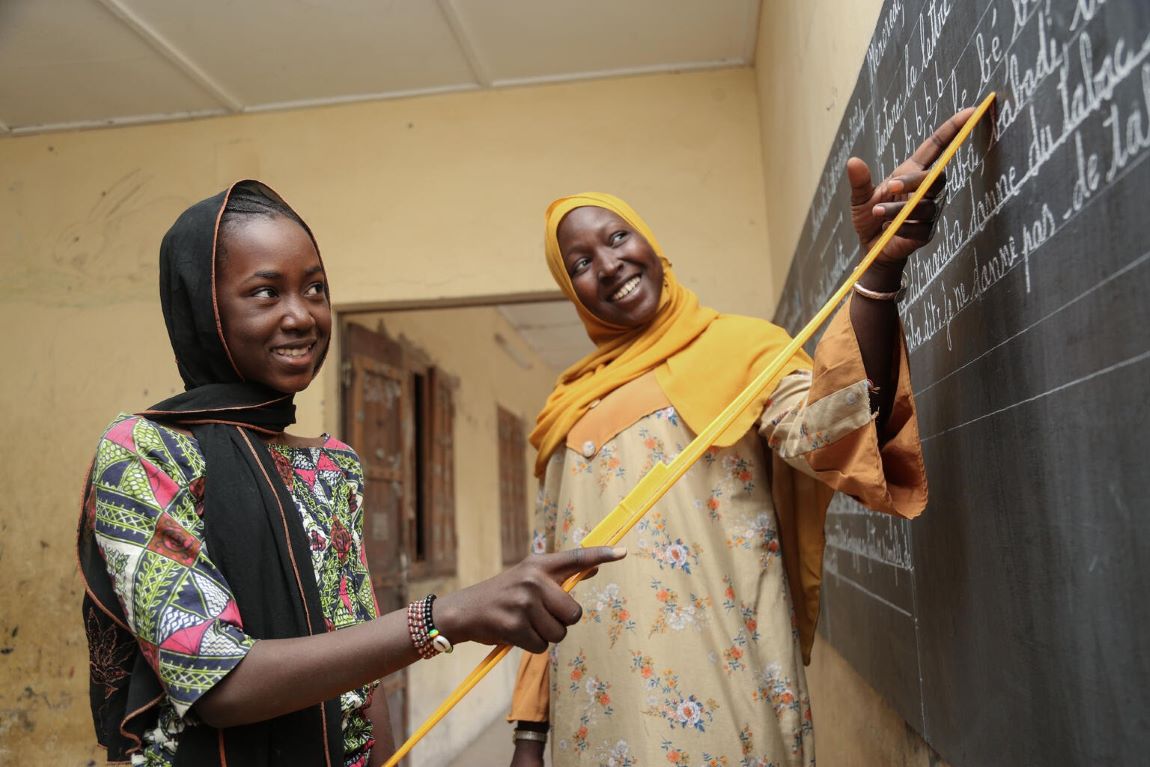
Mali faces a dire humanitarian crisis, with over 1,700 schools shuttered and half of the nation’s children unable to access formal education. Severe political instability, economic challenges, and violent armed insurgencies have plunged the country into turmoil, leaving millions in urgent need of humanitarian aid. The education sector has been particularly hard hit, exacerbating the cycle of poverty and insecurity.
A Beacon of Hope: ECW’s $22 Million Grant for Mali’s Children
In response to the crisis, Education Cannot Wait (ECW), the United Nations’ global fund for education in emergencies, has announced a $22 million catalytic grant. Over the next three years, this grant aims to reach more than 200,000 of the most vulnerable children and adolescents in Mali. This significant funding builds on ECW’s earlier efforts, which have already supported over 480,000 Malian children with quality, holistic education programs.
Yasmine Sherif, ECW’s Executive Director, emphasized the urgency of sustained funding:
“This new ECW grant represents a lifeline for some of the most vulnerable girls and boys in Mali enduring the devastating impacts of conflict, climate change, and forced displacement. More funding means more children going back to school and learning in safety.”
Strategic Partnerships to Rebuild Education
The grant will be implemented by UNICEF, in collaboration with Mali’s Ministry of Education and the Education Cluster. This initiative brings together a wide array of national and international partners to address urgent educational needs while working toward a resilient education system.
Amadou Sy Savané, Mali’s Minister of Education, highlighted the program’s transformative potential:
“In a context of fragility and multiple challenges, it strengthens the Government’s commitment to providing quality, equitable, accessible, and resilient education for all Malian children, including those affected by crises.”
A Comprehensive Approach to Inclusive Education
Targeting regions most affected by instability—Gao, Ménaka, Kidal, Timbuktu, and Mopti—the program will address educational and economic barriers through a multi-sectoral approach. Key interventions include:
- Rehabilitating School Infrastructure: Creating safe and inclusive learning environments.
- Enhancing Crisis Response: Building capacity within schools, government bodies, and communities.
- Focusing on Vulnerable Groups: Reaching out to girls (51%), internally displaced persons (22%), refugees (9%), and children with disabilities (10%).
Pierre Ngom, UNICEF’s Representative in Mali, underscored the program’s impact:
“From 2020 to 2024, ECW funding enabled education access for over 216,705 children, including 111,241 girls. The new phase will build on these gains, aiming to strengthen the resilience of Mali’s education system.”
Urgent Needs Amidst a Severe Humanitarian Crisis
With 7.5 million Malians—half of them children—requiring urgent support, the funding gap remains stark. The Mali Humanitarian Response Plan is only 31% funded, and education receives a mere 4% of the required $71.5 million.
Sherif called for additional resources to expand the program’s reach:
“More funding is urgently needed. Every child deserves the chance to rebuild their life through education.”
Building a Resilient Future
As Mali grapples with its multifaceted crisis, the ECW grant offers a glimmer of hope. By addressing immediate educational needs and building a more inclusive, robust system, this initiative is a vital step toward empowering Mali’s children to overcome adversity and build a brighter future.





I will immediately grasp your rss feed as I can’t to find your email subscription hyperlink or newsletter service. Do you have any? Please allow me recognise in order that I may subscribe. Thanks.